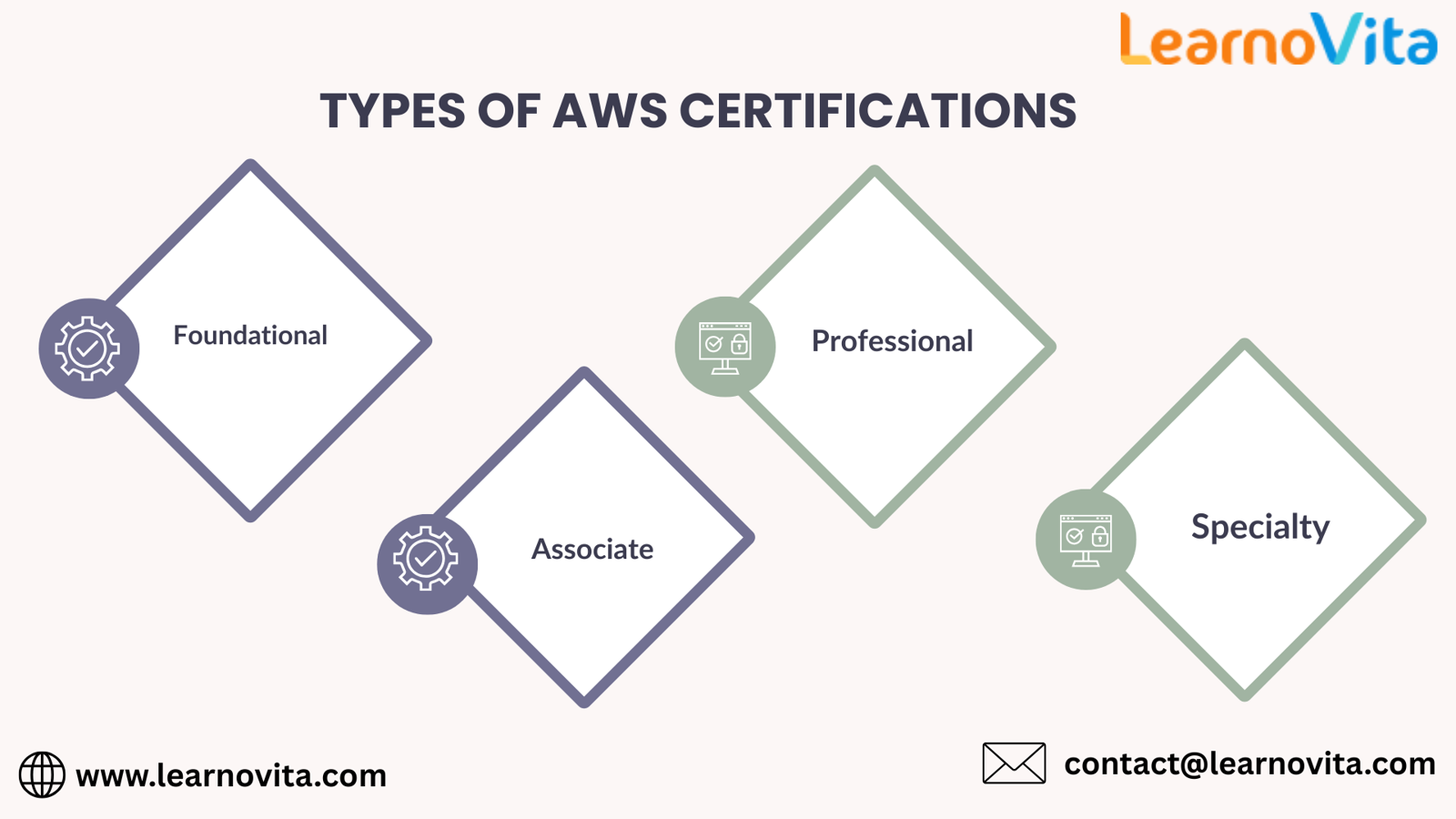
Mastering the Cloud: Your Guide to AWS Training and Certification
In today’s technology-driven landscape, cloud computing has become a necessity rather than a choice. As more organizations shift their infrastructure to the cloud, Amazon Web Services (AWS) remains the leading platform. Whether you're just starting out or already working in IT, pursuing AWS Training in Chennai can greatly enhance your career opportunities. Here’s a brief guide to help you begin your journey.
Why Choose AWS?
AWS is the most widely adopted cloud platform, used by startups, enterprises, and government agencies alike. With services ranging from computing power and storage to artificial intelligence and data analytics, AWS offers the tools needed to innovate faster and more efficiently. Learning AWS opens the door to a wide range of high-demand tech roles.
Types of AWS Certifications
AWS offers role-based certifications categorized into four levels:
Foundational—Ideal for beginners, the AWS Certified Cloud Practitioner covers basic cloud concepts.
Associate—For those with some experience, associate-level certifications include Solutions Architect, Developer, and SysOps Administrator.
Professional—Advanced certifications for solutions architects and DevOps engineers with hands-on experience.
Specialty—Focus on niche areas like security, machine learning, and big data.
Each certification validates your skills and demonstrates your commitment to cloud expertise.

Where to Get Trained?
Choosing the best software training institute is crucial. Look for institutions that offer instructor-led classes, hands-on labs, and placement support. A good training center will guide you through the certification path and provide mock tests and projects to solidify your understanding.
Final Thoughts
AWS training and certification are more than just credentials—they're a gateway to mastering the cloud and advancing your career. Whether you're just starting or aiming to specialize, the right training can make all the difference. Start your journey today and step confidently into the future of cloud computing.



Write a comment ...